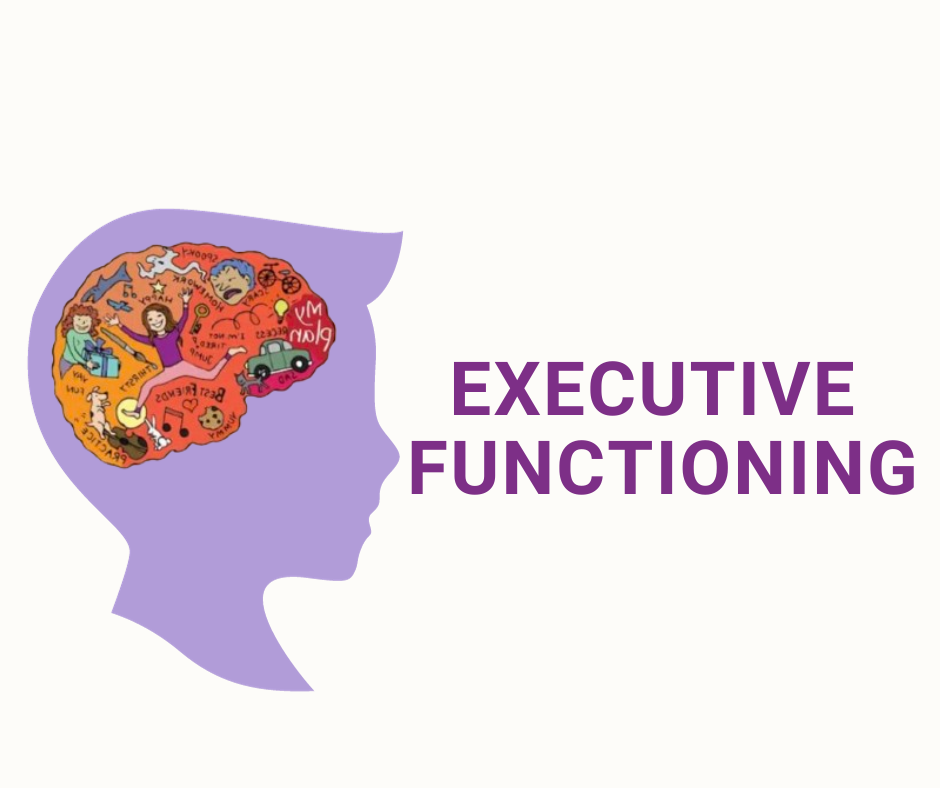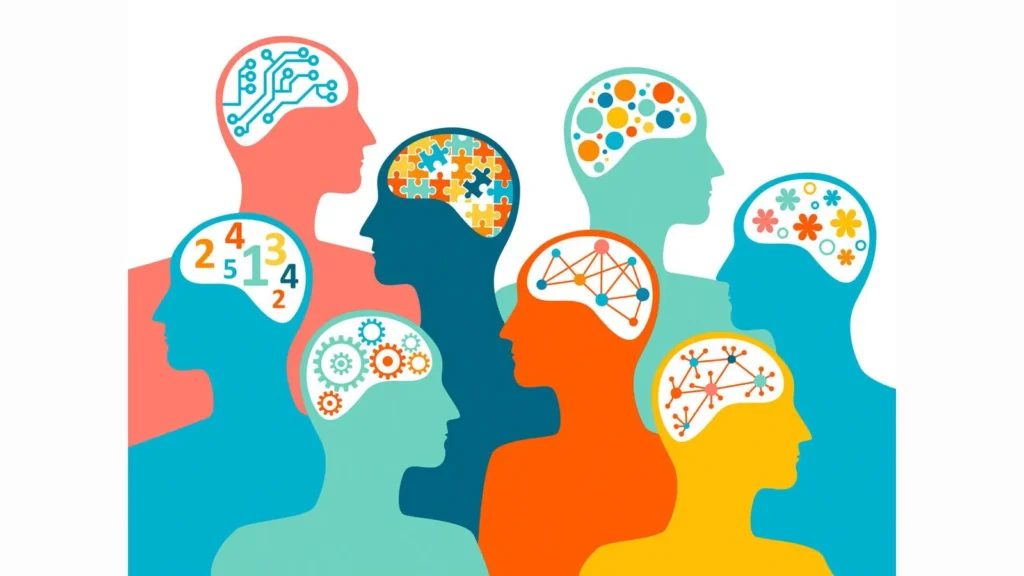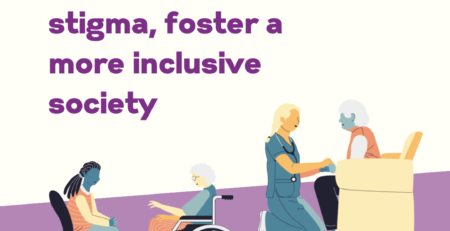What is Neurodiversity?
Neurodiversity refers to variation in how people think, process information, and interact with the world around them. First coined in the late 1990s by sociologist Judy Singer, the term recognises that conditions like autism, ADHD, dyslexia, and more are simply natural differences in neurocognitive functioning.
Neurodiversity encompasses the idea that differences in brain functioning are normal and should not be stigmatised. It promotes the inclusion of individuals with various cognitive profiles in diverse settings, encouraging a more accepting and understanding society. To create an inclusive community, it means embracing neuroaffirmative practices, as discussed in our blog on ‘Inclusive Community Through Neuroaffirmative Practices.‘
These differences (ie. ADHD etc), are not due to being “lazy” or “not trying hard enough” but result from brain processing variation. Difficulties with executive functioning can make it challenging for neurodivergent individuals to thrive in environments structured for neurotypical brains without proper support.
What is Executive Functioning?
Executive functioning describes a set of mental skills we use to accomplish goals and handle day-to-day tasks. Considered “mission control” for the brain, executive functions help us plan, organise, focus, remember instructions, start and finish projects, control impulses, solve problems, and more.
There are several types of executive functions:
- Working memory allows us to hold information in our minds while using it to complete tasks. This supports comprehension, reasoning, planning, and more.
- Cognitive flexibility helps us switch between tasks, think about something in multiple ways, and adapt to changing circumstances.
- Inhibitory control manages impulses and allows us to respond appropriately in social situations. This supports self-regulation and controlling emotional responses.
- Cognitive inhibition filters out irrelevant sensory details or distractions, letting us maintain focused attention.
- Attentional control allows us to concentrate deeply on tasks and conversations without getting distracted.
These executive functions work together seamlessly, though we rarely notice them behind the scenes. They support goal-directed behaviour and allow us to organise, plan, strategise, and focus when solving problems or completing tasks. Difficulties with executive functioning can make it hard to function independently.
How Neurodiversity Impacts Executive Functioning?
For neurodivergent individuals, natural differences in brain wiring often lead to differences in executive functioning. For example:
- Autistic individuals may excel at sustained focus but struggle with shifting between tasks.
- Those with ADHD often have difficulty with impulse control and working memory.
- Dyslexics tend to have strengths in creativity and out-of-the-box thinking.
Every day, neurodivergent individuals navigate challenges and strengths related to executive functioning:
Working Memory
- Holding directions in mind can be difficult when following multi-step tasks.
- Keeping track of several ideas at once during problem solving may pose a challenge.
- Retrieving learned knowledge like math formulas may require external supports.
Cognitive Flexibility
- Transitioning between activities or mindsets requires extra processing time.
- Adapting behaviour or communication style to social situations can be challenging.
- Considering a previous fact from a new angle feels unnatural.
Inhibitory Control
- Controlling emotional reactions takes more conscious effort and energy.
- Waiting turns to speak in class requires mindfulness strategies.
- Thinking before responding is extra work, when responding without thinking feels more automatic.
Cognitive Inhibition
- Screening out sensory inputs like lights or sounds can be impossible.
- Dropping a special interest to focus on classwork may not come naturally.
- Irrelevant thoughts often sneak in when trying to concentrate.
Attentional Control
- Zoning in on reading for long periods may come easily.
- Tearing focus away from a special interest to start something new can be extremely difficult.
- Listening attentively takes significant extra effort and energy.
While these challenges exist, it’s important to remember there are strengths associated with neurodiversity too. Unique perspectives, intense focus, creativity, honesty, loyalty, and out-of-the-box thinking are hallmarks of the neurodivergent experience. There are many famous people who have thrived as a result – Steve Jobs, Bill Gates, Jamie Oliver, Channing Tatum, and Richard Branson to name a few.
Managing Executive Functioning Differences:
For students, professionals, parents and individuals navigating executive functioning differences, the key is implementing the right strategies and supports. Some helpful tips include:
- Provide tools like calendars, timers, reminders and detailed schedules to support planning and time management. Visual supports are extremely helpful.
- Alternate working environments to control sensory input and stimulation. Examples are noise-cancelling headphones, solo work spaces, tools like balance boards or exercise balls.
- Offer methods for breaking down large projects into smaller tasks, and celebrating progress between milestones.
- Teach techniques like mindfulness exercises and yoga to improve cognitive flexibility, self-control and emotional regulation.
- Provide access to special interests and stimming behaviours to promote joy, comfort and focus.
- Allow alternate forms of idea expression like drawing, dictating ideas, creating videos or recording voice memos.
- Offer coping strategies like taking sensory breaks, going for a walk or listening to music.
- Provide written or pictorial explanations of social cues and unwritten rules. These don’t come intuitively.
- Encourage open communication. Ask about accommodations that make routine tasks more manageable.
More recently I have come across an app called The Liven designed to tackle procrastination, develop better habits, improve resiliency and manage stress more effectively from increasing the quality of tasks undertaken. It’s worth taking a look at it.
An Integrated Perspective
Ultimately, understanding the link between neurodiversity and executive functioning requires an integrated perspective:
- Accept and respect neurocognitive differences as natural and neutral variations in the human experience. They do not represent deficits or disorders.
- Adopt a strengths-based mindset. All individuals have capabilities they excel in, and challenges to navigate. Focus on the positives.
- Provide inclusive education for both neurodivergent and neurotypical people to foster mutual understanding and respect.
- Advocate for societal acceptance, inclusion and accommodation. This allows neurodivergent individuals to thrive as their authentic selves.
- On an individual level, assess areas of strength and difficulty. Then provide customised supports to set neurodivergent people up for success.
With the right environment, strategies and advocacy, those with atypical neural wiring can achieve their full potential. There are many famous people that are neurodivergent and they found ways to manage their challenges. By implementing appropriate accommodations, neurodivergent people can better manage their executive functioning and demonstrate their strengths.
The Importance of Understanding Neurodiversity and Executive Functioning
Promoting awareness of neurodiversity and executive functioning differences allows us to better support the needs of neurodivergent people in our lives. Though managing executive functions like working memory, sustained attention, time management and organisation can be challenging, these skills can be improved with the right strategies and support in place.
When provided with accommodations, assistive technology, alternative learning formats and compassionate support, neurodivergent individuals can leverage their strengths and abilities to excel in academics, careers, and life. Recognising neurodiversity and responding with empathy and flexibility allows us to create a more inclusive society.














